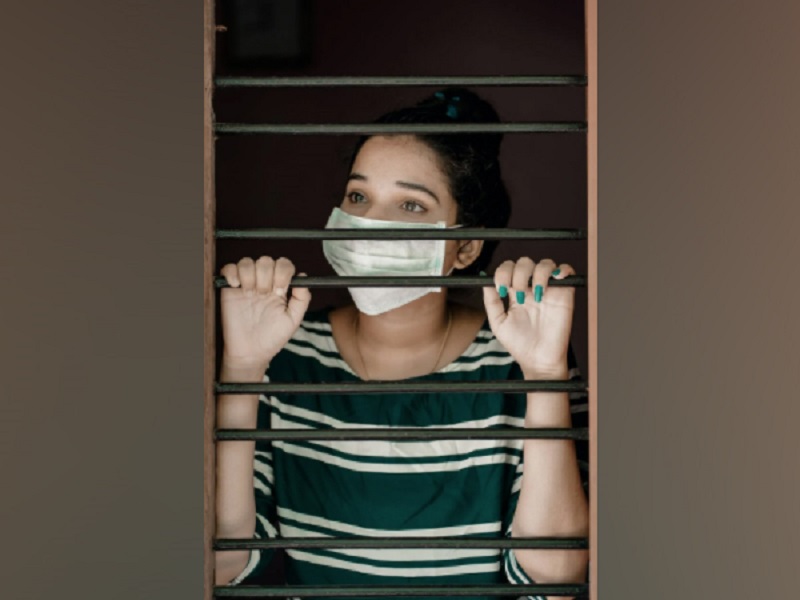

A new Northwestern Medicine study has found that women and people who menstruate experienced irregularities in their menstrual cycle because of increased stress during the COVID-19 pandemic.
The findings of the study were published in the ‘Journal of Women’s Health’.
This is the first US study to evaluate the impact of stress on peoples’ periods.
The study surveyed more than 200 women and people who menstruate in the United States between July and August 2020 in order to better understand how stress during the COVID-19 pandemic influenced their menstrual cycles.
More than half (54 per cent) of the individuals in the study experienced changes in their menstrual cycle following the start of the COVID-19 pandemic in March 2020.
Individuals who experienced higher levels of stress during the COVID-19 pandemic were more likely to experience heavier menstrual bleeding and a longer duration of their period, compared to individuals with moderate stress levels, the study found.
The study provides a better understanding of how the COVID-19 pandemic has impacted women’s mental and reproductive health, the study authors said.
“We know added stress can negatively impact our overall health and well-being, but for women and people who menstruate, stress can also disrupt normal menstrual cycle patterns and overall reproductive health,” said lead and corresponding author Nicole Woitowich, research assistant professor of medical social sciences at Northwestern University Feinberg School of Medicine.
Prior research has found that menstrual cycle irregularities are often reported by women who experience mood disorders such as anxiety and depression, or by those who are facing acute life stressors such as natural disasters, displacement, famine or defection.
“Given the unprecedented nature of the pandemic and its significant impact on mental health, this data is unsurprising and confirms many anecdotal reports in the popular press and on social media,” Woitowich said.
Since the onset of the pandemic, social media has been one of the major platforms where women and people who menstruate could share questions or concerns about their menstrual cycles. Only recently have these concerns been addressed by the biomedical research community.
“Reproductive health should not be ignored in the context of COVID-19,” Woitowich said.
“We are already seeing the ripple effects of what happens when we fail to consider this important facet of women’s health as many are now experiencing menstrual cycle irregularities as a result of the COVID-19 vaccines or COVID-19 infection,” Woitowich concluded.